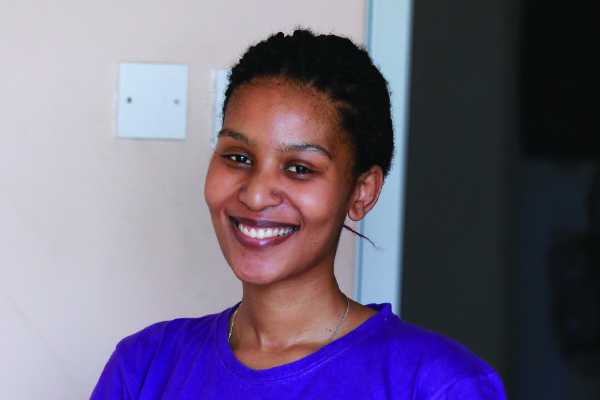Purple Day for Epilepsy patients
Young Epilepsy Botswana will next weekend join the world in commemorating World Purple Day, as they raise awareness on the Epilepsy condition.
Epilepsy is a disorder marked by sudden recurrent episode of sensory disturbance. It is a condition that can be controlled and can affect anyone at any given time, according to the founder of Young Epilepsy Botswana, Ithabeleng Khan. She tells BG Style, that once one is diagnosed with this condition, their lifestyle also changes as there is still stigma around this condition. She was diagnosed with Epilepsy when she was 14 years, and this motivated her, through her mother’s help to form this organization and sensitize people about Epilepsy.
“Epilepsy awareness, known as PURPLE Day world wide was founded in 2008, by a nine year old person in Canada, by her own struggle of isolation,” explains Khan. She told BG Style that through her research on this condition, with her mother, they also saw the need to honour PURPLE Day in Botswana to make sure that they create awareness among people living with disability.
“The day’s main effort is to educate people about this disorder and reassure, those with a seizure that they are not alone,” she said. Khan is therefore thankful to a variety of sponsors who have come on board to help them commemorate this day, especially Grand Palm Hotel who have always been supporting them.
Their research acknowledges that over 75 million people worldwide are affected by Epilepsy, which they say it’s equally important for the world to know that seizure can happen to anyone at any time without warning and for no apparent reason. This year’s theme for the commemoration of the day is, ‘Epilepsy is a condition and can be controlled’. Main Sponsor, GrandPalm Operations Manager, Keletso Bogatsu applauded Young Epilepsy Botswana for this great move, saying that as a hotel they have also learnt something and their staff already know how to deal with a seizure.
Chairperson of Autism Botswana, Maletshwane Mauco emphasizes that Epilepsy and Autism patients need support other than discrimination because they are not contagious. She explains that it is often difficult to tell if an autism person has Epilepsy but the red flag however is a seizure and abnormal staring as well as stifling of muscles. An epileptic student, Shir Gobind Sharma, aged 13 years says that being an Epileptic child is not ideal as it even obstructs the learning process at school.
“I have been living with Epilepsy since I was four years old and it has been difficult for me because I can’t do some of the things that I like,” he says, emphasizing that he has to live a different lifestyle not by choice. Among the challenges that he faces, he cannot swim alone, has memory loss due to his medication, slow in understanding and reading which has an overall impact in his education.
There would be a walk on March 23 followed by massage sessions at Mosha. Bogatsu says they do this to help them relax and enjoy themselves as they often face stigma in the society. The walk will start at 06:00 am from GrandPalm to Zambezi Towers in CBD, where they will also enjoy aerobics lead by Botswana scout. Botswana Bikers Club will also be there for entertainment during the 10 Km walk.




